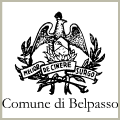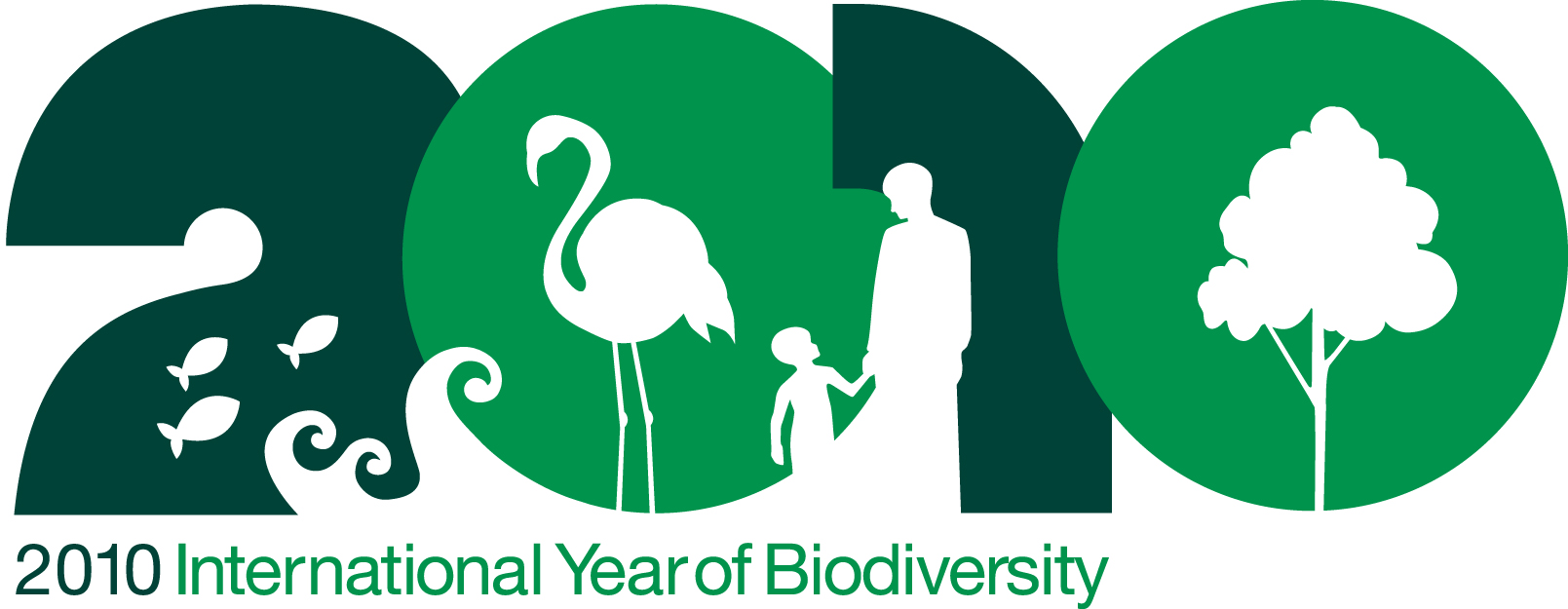 |
Partners:

Main Sponsor:

Last updated
September 27th, 2010
 |
2010 Belpasso International Summer School
The Economics of Ecosystem Services and Biodiversity Conservation
September 2010, Belpasso, Italy
The Faculty of Agriculture of the University of Catania (UNICT), the Fondazione Eni Enrico Mattei (FEEM) and European Association of Environmental and Resource Economists (EAERE) are the partner organizers of the Belpasso International Summer School on Environmental and Resource Economics. The School is hosted in the city of in Belpasso, in the Province of Catania, Sicily, Italy, and is organised during the month of September.
The broader objective of the Belpasso International Summer School is to provide advanced training for young researchers who are also EAERE members from all over Europe and beyond on European issues of environmental and resource economics.
The main sponsor of the School is the municipality of Belpasso
Human well-being is strongly dependent upon ecosystem services provided freely by nature and its biodiversity. Many of these services are public goods therefore associated to no market price. As a result, their loss is often not detected by our current market system. In addition, a variety of pressures resulting from population growth, changing diets, urbanisation, and climate change are causing additional pressures on ecosystem conservation (e.g. farm land from cleared forests) and this contributing to an acceleration of ecosystem degradation and biodiversity decline.
Therefore, it is crucial to evaluate the wide range of the benefits of ecosystem conservation since the market system mainly awards resource owners for benefits of ecosystem conversion. This line of reasoning is today, more than ever, vividly reflected in the international policy agenda, is embedded in the ongoing global study The Economics of Ecosystems & Biodiversity (TEEB) that constitutes a “major international initiative to draw attention to the global economic benefits of biodiversity, to highlight the growing costs of biodiversity loss and ecosystem degradation, and to draw together expertise from the fields of science, economics and policy to enable practical actions moving forward”. Against this background, the purpose of the Summer School is investigate some of the key issues emerging from the economic here is to contrast the economic values of ecosystem goods and services with the costs of policy action, including spatial redistribution issues, to guide policy makers in what actions they should endorse.
We shall define a sets of lectures by plus a session on case studies, presented by worldwide practitioners. The lectures will focus on the (1) understanding of the role of biodiversity and ecosystems and services in human welfare, (2) determining the value of ecosystem goods and services and biodiversity conservation, with special attention will be paid to the use of non-market economic valuation tools, including value transfer methods; (3) cost-benefit analysis of alternative policy instruments, including payment for ecosystem services. Finally, the last set of lectures addresses communications of real-case-studies from practitioners with international responsibilities in the conservation of biodiversity.
|





